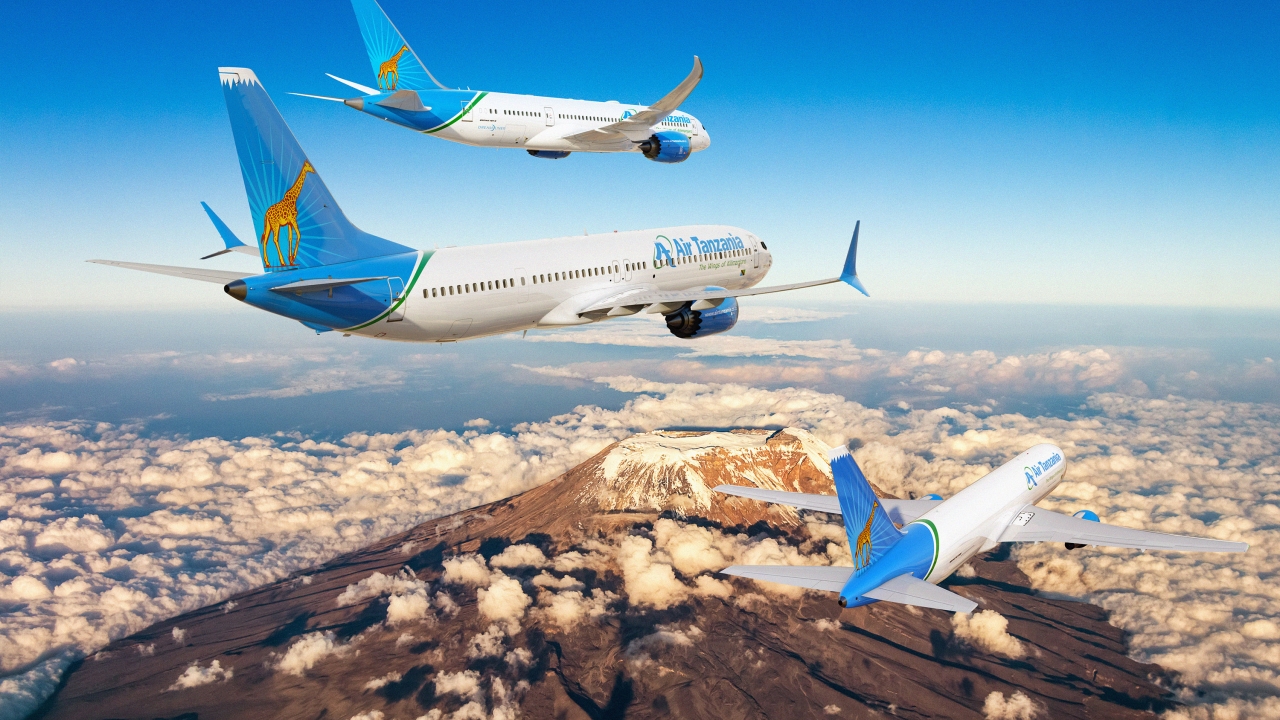Resumption of restricted South African air services welcome but more is needed

Under the country’s State of Disaster COVID-19 Level 3 restrictions, which came into force
today, local carriers are permitted to offer flights on the main trunk routes linking
Johannesburg (both OR Tambo and Lanseria airports), Cape Town and Durban – under
stringent health and biosecurity conditions.
“It is crucial that the new systems are given appropriate capacity by Port Health so they can
be stress-tested as quickly and rigorously as possible. Only then will the reconnection of
other inland and coastal cities be phased in. The sooner this occurs, the better as survival
of airlines and their ability to support the repair of the local and national economies are
entirely dependent on this,” explained AASA CEO, Chris Zweigenthal.
Intra-Africa regional and inter-continental long-haul flights will only resume when there is
mutual agreement between nations to re-open their borders for passenger traffic other than
ad hoc repatriation charter flights. “AASA will continue to work with the authorities and the
tourism sector to support the re-introduction of these services.”
Every South African-domiciled airline intending to operate under the latest regulations must
first submit their COVID-19 health and safety protocols and procedures, flight schedule and
request for departure and arrival slots to SA Civil Aviation Authority, Airports Company
South Africa and Air Traffic Navigation Services respectively for approval before they are
entitled to fly. Although the permission to fly became effective today, a lead time is
necessary for the necessary authorisation to be given and plans to be put in place.
Travellers should check with their preferred airline to verify the status of their schedules and
availability of tickets.
“The start-up phase will be difficult for all carriers as it involves significant financial outlays
before any revenues have been generated. Most carriers worldwide, including South Africa,
only had about two months of cash reserves in late March 2020, when the travel restrictions
were imposed, bringing the industry to a sudden halt. AASA is supporting the call for the
South African Government to specifically direct financial aid to the air transport sector - on
an ownership-agnostic basis – as all airlines and associated service providers are vital to the
country’s economic revival. Without an efficient air transport system, South Africa’s
economic recovery will be prolonged and painful,” added Zweigenthal.
Relief mechanisms at Government’s disposal include deferrals and waivers of taxes and
statutory charges as well as user fees for airports, air navigation and weather services, loans
and loan guarantees to enable the raising of debt in the capital markets, direct aid with wage
subsidies and cash injections to help industry players cover unavoidable costs during the restart
Stay up to date
Subscribe to the free Times Aerospace newsletter and receive the latest content every week. We'll never share your email address.

